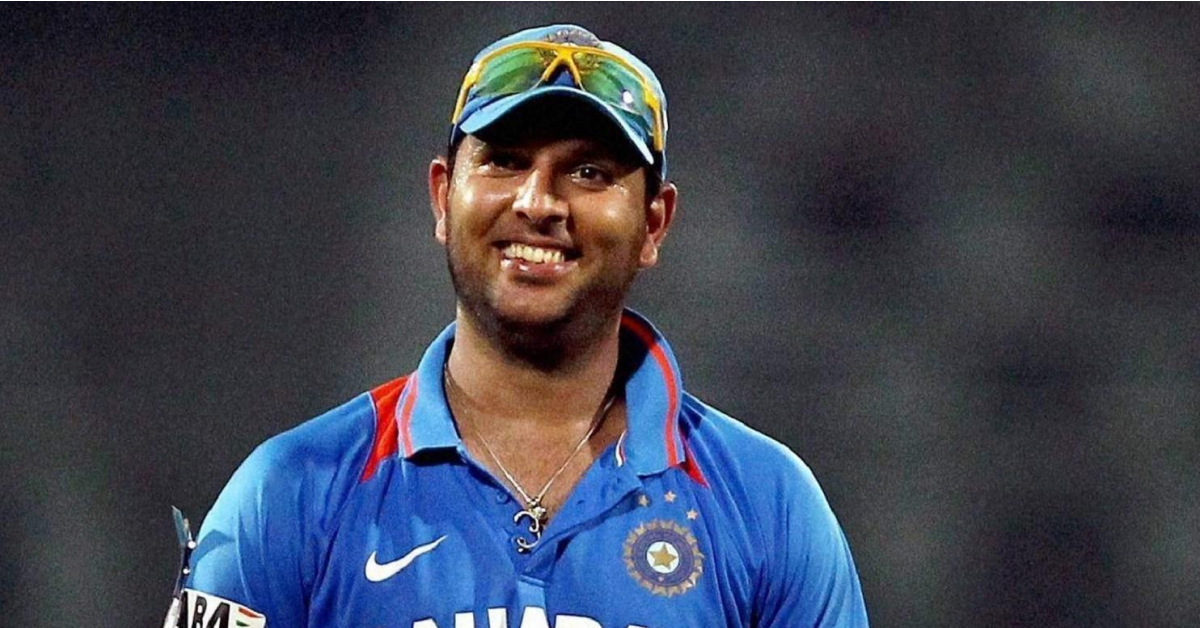Yuvraj Singh has issued two arbitration notices to the developer. The first notice addresses the alleged misuse of his brand value and violations of the terms of the Memorandum of Understanding (MoU) dated November 24, 2020. According to the MoU, Yuvraj Singh was to promote and endorse the real estate project. However, despite the MoU expiring on November 23 of the previous year, the developer has allegedly continued to use Singh’s services commercially. This includes the unauthorized use of his photographs on billboards, the project site, social media posts, and articles. Yuvraj Singh argues that this continued use violates his Copyright, Personality Rights, and Right to Publicity, which are protected under Intellectual Property Rights laws.
The second notice pertains to the delivery of the apartment promised to Yuvraj Singh. The cricketer alleges that the developer has failed to adhere to the agreed timeline and schedule for delivery, as stipulated in the Agreement to Sale. Moreover, Yuvraj Singh claims that the developer compromised on the quality of materials and downgraded the fittings, furnishings, lighting, and finishing of the apartment. He further alleges that the developer charged an escalated price beyond the actual market value and failed to maintain promised standards, resulting in poor and unhygienic surroundings, thus breaching the terms of the Agreement to Sale.
This Yuvraj Singh arbitration case underscores the importance of adhering to contractual obligations and the protection of personal and intellectual property rights. The Yuvraj Singh arbitration case on real estate agency issues highlights the complexities involved in celebrity endorsements and real estate transactions. By invoking arbitration under the case law Arbitration and Conciliation Act 1996, Singh seeks a resolution to the disputes through a legally binding and structured process.
Having an arbitration clause in contracts provides several benefits:
- Efficiency: Arbitration typically resolves disputes faster than traditional court litigation.
- Confidentiality: Arbitration proceedings are private, protecting the interests and reputations of the parties involved.
- Expertise: Parties can choose arbitrators with specific expertise relevant to their dispute.
- Flexibility: Arbitration allows for more flexible procedures and scheduling compared to court processes.
For businesses and individuals looking to safeguard against future disputes, organizations offer robust dispute resolution services. The PrivateCourt Dispute Resolution Agreement is an effective tool that ensures your business dealings are secure and any unforeseen disputes are managed efficiently and fairly. This proactive approach not only helps in maintaining business relationships but also upholds the integrity of contractual commitments.
In the context of Arbitration cases by Yuvraj Singh, these advantages underline the strategic choice of arbitration to address complex disputes, ensuring a fair and timely resolution.
keywords: yuvraj singh arbitration case, yuvraj cases under arbitration, case law arbitration and conciliation act 1996, yuvraj Singh arbitration case on real estate agency, Arbitration cases by yuvraj Singh , Cricketer yuvraj Singh arbitration case on real estate agency

